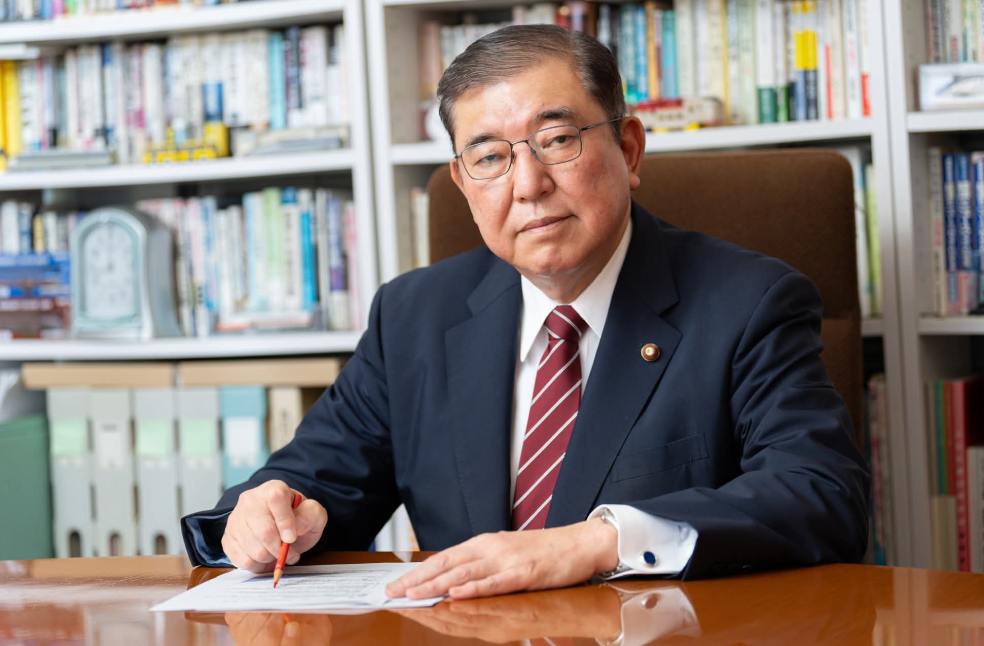Tokyo: Japan to take a bold step to address its worsening labour shortage by proposing changes to long-standing social welfare rules that have discouraged many married women from working full-time or advancing in their careers.
Lawmakers are expected to approve a reform bill requiring part-time workers to contribute to pension and health-insurance programs. The changes would scale back exemptions granted to dependent spouses earning less than 1.3 million yen ($9,028) annually. These benefits were first introduced in 1986 during Japan’s economic boom.
These exemptions, originally designed to support full-time homemakers, are now viewed by many as outdated and economically harmful. With Japan’s population aging rapidly and workforce shrinking, businesses, economists, and labour unions are urging lawmakers to scrap the system entirely.

Key voices on the reform
Still, the bill does not eliminate the exemption. Deeper reforms remain controversial among conservative lawmakers. Prime Minister Shigeru Ishiba stated that, “There are various people eligible under this system, not only full-time housewives but also those who are unable to work due to illness, childcare, or nursing responsibilities.”
“From the standpoint of labour economics, it’s an irrational system that not only restricts the supply of high-quality female labour forces but also serves to limit pressure for wage growth,” remarked Nobuko Nagase, professor at Otsuma Women’s University.
The reform would mandate most part-time workers logging over 20 hours a week to pay into pension and health schemes regardless of company size or income. The welfare ministry estimates about 900,000 women will now begin paying insurance fees, reducing the current pool of 6.7 million dependent spouses, 98 percent of whom are women.

Image Via: Freepik | Cropped by BH
The Japan Association of Corporate Executives has renewed its demand for system abolition. “We urge the government for an immediate review. It is necessary to revise the conventional system design that is based on the full-time homemaker ideal,” the group said.
Japan’s largest trade union federation, Rengo, and leading business groups argue that the exemption widens the gender wage gap and limits career development. Rengo chief Tomoko Yoshino noted that despite the sense of unfairness shared among women, the issue unfortunately failed to reach decision-making levels because of the very limited presence of women at those levels.



